A cautionary tale for autism drug development
Poorly designed animal drug studies for motor disorders have led to spurious conclusions for the clinical trials that follow. This may be even more true for autism research, says Michael Ehlers.
Expert opinions on trends and controversies in autism research.
Poorly designed animal drug studies for motor disorders have led to spurious conclusions for the clinical trials that follow. This may be even more true for autism research, says Michael Ehlers.
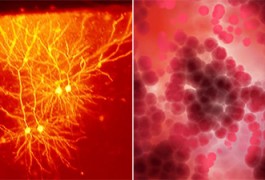
Researchers should investigate a broad spectrum of human- and animal-derived tissues to fully capture the complexity of autism, say Michael Talkowski and James Gusella.

Prebiotics — nutrients that promote the growth of some beneficial gut bacteria — can influence brain chemistry and behavior. New findings suggest prebiotics as treatments for people with neurological disorders, say Sarkis Mazmanian and Gil Sharon.
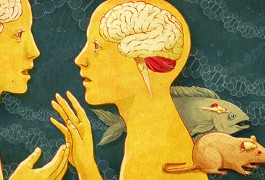
Thought until recently to only coordinate motor skills, the cerebellum is involved in diverse cognitive functions such as language and social interaction, and may play a role in autism, says Emanuel DiCicco-Bloom.
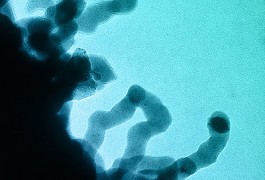
Sequencing studies over the past few years have made a dramatic and unexpected discovery: Many of the mutations in individuals with autism are in genes that regulate chromatin, which helps package DNA in the cell nucleus, say Gerald Crabtree and Aryaman Shalizi.
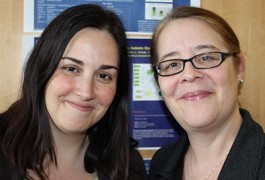
Targeted training opportunities and comprehensive guidelines can help community physicians diagnose many cases of autism, say Evdokia Anagnostou and Jessica Brian.
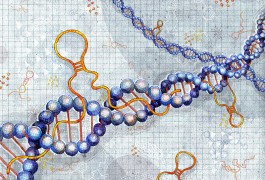
Long pieces of RNA that do not code for protein have diverse and important roles in the cell and may contribute to autism risk, say Nikolaos Mellios and Mriganka Sur.
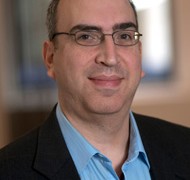
A new paper accomplishes a rare feat, linking human genetics with physiology, behavior and a therapeutic in a compelling mouse model of autism, says Alan Packer.
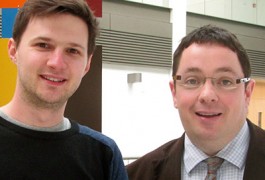
Researchers should consider the influence of gut bacteria on brain function, especially when studying neurodevelopmental disorders such as autism, say John Cryan and Roman Stilling.
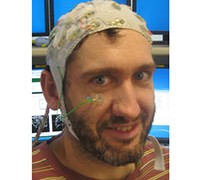
Researchers must make heterogeneity in autism the object of their investigation, rather than treating it as an excuse for inconsistent results or an inconvenience in their quest to understand the disorder’s essence, argues Jon Brock.






